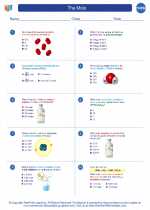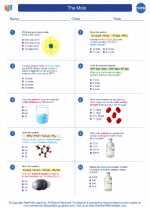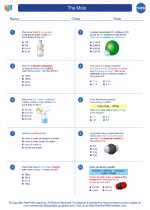Healthcare
Healthcare is the maintenance or improvement of health through the prevention, diagnosis, treatment, recovery, or cure of disease, illness, injury, and other physical and mental impairments in people. It encompasses a wide range of services and professionals dedicated to providing medical care and promoting overall well-being.
Key Concepts in Healthcare
- Health Promotion and Disease Prevention: The proactive measures taken to maintain and improve health, such as vaccinations, regular check-ups, and healthy lifestyle choices.
- Diagnosis and Treatment: The process of identifying a health condition and providing appropriate medical interventions to address it.
- Primary, Secondary, and Tertiary Care: The levels of healthcare delivery, with primary care focusing on preventive and routine care, secondary care involving specialist services, and tertiary care addressing complex and specialized treatments.
- Healthcare Professionals: A diverse group of individuals including physicians, nurses, pharmacists, therapists, and other allied health professionals, each contributing to patient care in various capacities.
- Healthcare Systems and Policies: The organizational structures, regulations, and financing mechanisms that influence the delivery and accessibility of healthcare services.
Study Guide for Healthcare
When studying healthcare, it's important to grasp the fundamental concepts and principles that shape the field. Here are some key areas to focus on:
- Understand the biological basis of health and disease, including the mechanisms of illness and the role of genetics, pathogens, and environmental factors.
- Explore the various healthcare delivery models and their strengths and limitations, such as fee-for-service, managed care, and universal healthcare systems.
- Learn about ethical considerations in healthcare, including patient autonomy, end-of-life care, and the allocation of resources in the context of limited healthcare resources.
- Examine the impact of technology on healthcare, including electronic health records, telemedicine, and medical innovations that enhance diagnosis and treatment.
- Consider the socioeconomic determinants of health and disparities in healthcare access and outcomes among different population groups.
- Stay informed about current issues and debates in healthcare, such as healthcare reform, the opioid crisis, and global health challenges.
By engaging with these topics, students can develop a comprehensive understanding of healthcare and its significance in promoting individual and community well-being.
.◂Chemistry Worksheets and Study Guides High School. The Mole
The resources above cover the following skills:
Chemistry II
Reactions
Use mathematical representations to analyze the proportion and quantity of particles in solution.
Equilibrium
Analyze and interpret data to explain the change in concentration of products and reactants, and the stable state achieved under reversible conditions.



